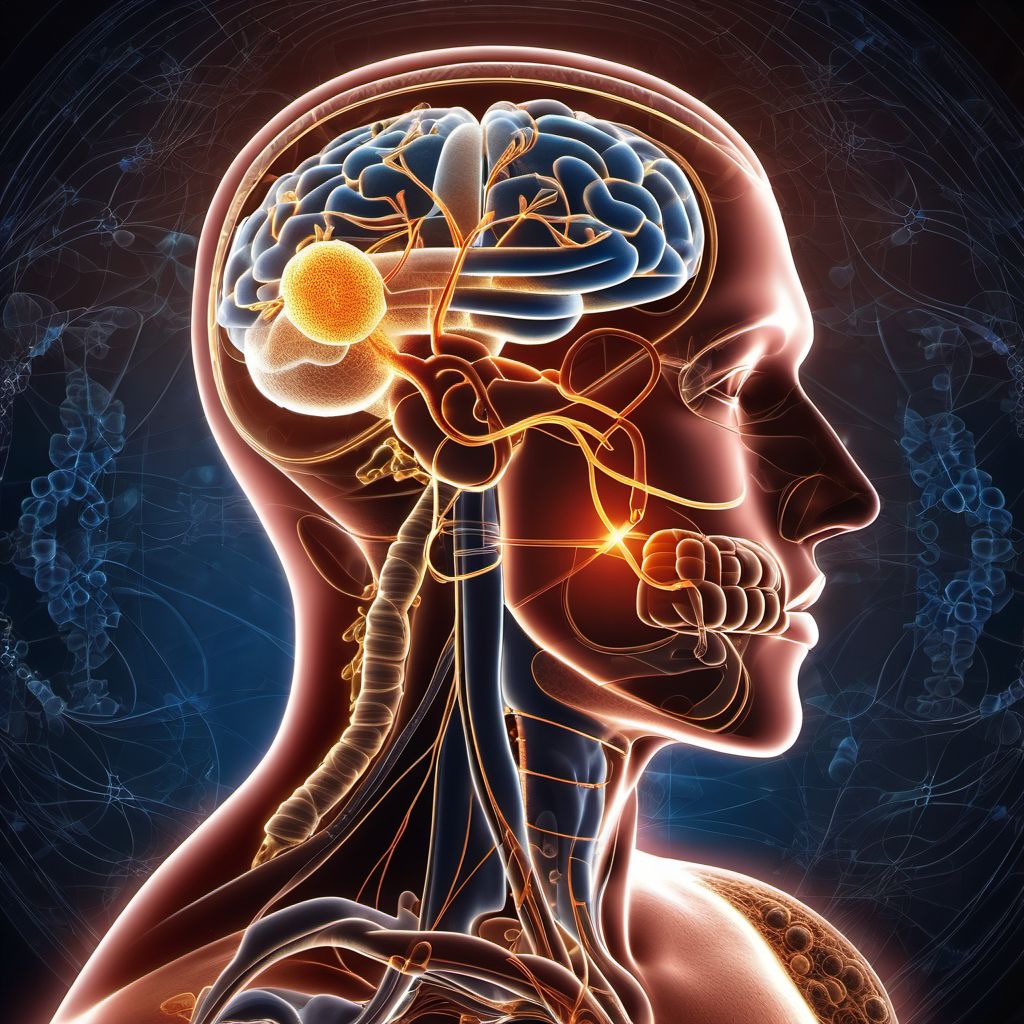
Tuberculosis of nervous system, unspecified Save
ICD-10 code: A17.9
Chapter: Certain infectious and parasitic diseases
Tuberculosis of the Nervous System, Unspecified: Causes, Symptoms, and Treatment
Tuberculosis (TB) is a bacterial infection caused by Mycobacterium tuberculosis, which primarily affects the lungs. However, TB can also affect other parts of the body, including the nervous system. Tuberculosis of the nervous system, unspecified is a type of TB that affects the central nervous system, including the brain, spinal cord, and meninges.
The causes of tuberculosis of the nervous system, unspecified are similar to those of other forms of TB. The bacteria that cause the infection can spread through the air when an infected person coughs or sneezes. Once inhaled, the bacteria can travel to different parts of the body, including the nervous system.
Symptoms of tuberculosis of the nervous system, unspecified can vary depending on the location of the infection. Common symptoms include headaches, confusion, seizures, and weakness or numbness in the limbs. These symptoms may also be accompanied by fever, chills, and night sweats.
- Diagnosis
- Treatment
- Prevention
Diagnosing tuberculosis of the nervous system, unspecified can be challenging, as the symptoms can be similar to those of other neurological conditions. However, several tests can help doctors determine the cause of the symptoms. These tests may include:
- Brain imaging tests, such as CT scans or MRI scans
- Cerebrospinal fluid analysis
- Blood tests
- Tuberculin skin test
Tuberculosis of the nervous system, unspecified is treatable with a combination of antibiotics. Treatment may take several months, and it is essential to complete the entire course of antibiotics to ensure that the infection is fully treated. In some cases, surgery may be necessary to remove any infected tissue.
The best way to prevent tuberculosis of the nervous system, unspecified is to prevent TB infection in the first place. This can be achieved by getting vaccinated with the BCG vaccine, practicing good hygiene, and avoiding close contact with people who have active TB.
In conclusion, tuberculosis of the nervous system, unspecified is a rare but serious form of TB that can affect the brain, spinal cord, and meninges. If you experience any of the symptoms associated with this condition, it is essential to seek medical attention promptly. With proper diagnosis and treatment, most people with TB of the nervous system can recover fully.